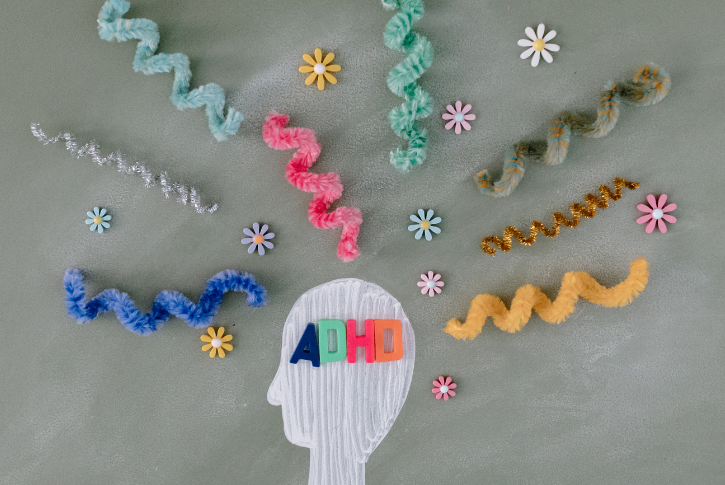You aren’t alone. An exploration of ADD/ ADHD in Tennessee.
For many Tennessee parents, managing a high-energy child in everyday settings can feel overwhelming. It’s easy to wonder: is this typical childhood behavior, or could it be something more, such as Attention Deficit Disorder (ADD) or Attention-Deficit/Hyperactivity Disorder (ADHD)?
Understanding the difference between normal developmental energy and signs of ADD/ADHD can help families seek the right support. These conditions, often marked by impulsivity, distractibility, and difficulty sustaining focus, affect many children — and early awareness can make a meaningful difference.
Attention Deficit Disorder and Attention-Deficit/Hyperactivity Disorder are serious neurodevelopment conditions that affect a significant portion of our Volunteer State’s population. Let’s dive into what these conditions are, how they’re impacting many Tennessee families, and frequency of ADHD in Tennessee.
What even are ADD and ADHD?
ADD and ADHD are closely related conditions characterized by difficulties with attention, hyperactivity, and impulsivity. While ADD primarily involves inattention, ADHD combines inattentive symptoms with hyperactivity and impulsiveness. These disorders can significantly impact a child’s ability to focus, control their behavior, and interact socially.
ADHD in Tennessee
Tennessee ADHD data shows Tennessee ranks among the top states for ADHD diagnoses in children:
According to Freeman Health Partners in Nashville:
- Tennessee boasts a whopping 10.4% ADHD prevalence rate across the population.
- Among our youth, approximately 9.87% are affected by ADHD.
- Tennessee ranks between 7th and 11th highest in the nation for ADHD rates among children.
- A staggering 12.5% of children and adolescents in Tennessee have been diagnosed with ADHD at some point.
The Impact on Families
Having a child with ADHD isn’t just a walk in the park (although sometimes it might feel like a sprint). It can affect the entire family dynamic:
- Siblings might feel neglected or overlooked, potentially leading to feelings of guilt, anger, or anxiety
- Children with ADHD may struggle with poor self-esteem, problems in school, and difficulty fitting in socially.
- Parents often face increased stress, relationship problems, and even higher rates of divorce and depression.
- According to America’s Health Rankings, currently about 3.7% of Tennessee children aged 3-17 with ADHD or ADD are taking medication and receiving behavioral treatment.
ADHD treatment for kids through Helpful Strategies from Le Bonheur Children’s Hospital
According to a Christen Holder, PHD’s article “Organized and On Time: Tips for Executive Functioning for Kids” from Le Bonheur’s Practical Parenting blog, here are some at-home strategies you can use to strengthen key executive functioning skills:
- Make use of checklists and daily planners. Kids will need to be taught how to use these effectively. Start with showing, then coaching, then checking, until they can do it alone.
- Teach how to break assignments into pieces, then write the due date and how long it will take to complete each piece.
- Make visual schedules and post them around your house.
- Teach kids flexible thinking by exposing them to jokes, riddles and puns. Use books that make use of multiple word meanings to improve mental flexibility (like the Amelia Bedelia book series).
- Play strategy games with kids, like chess or checkers.
- Use visual timers and ask kids to work diligently for a set amount of time (say 15 minutes), then give them a break. This helps them learn to sustain attention and then uses initiation to get started again.”





